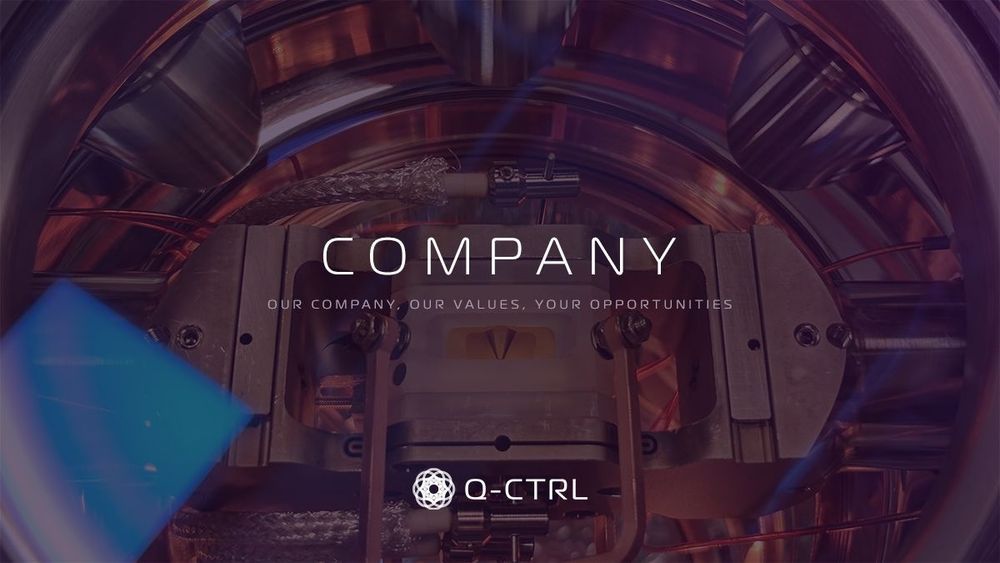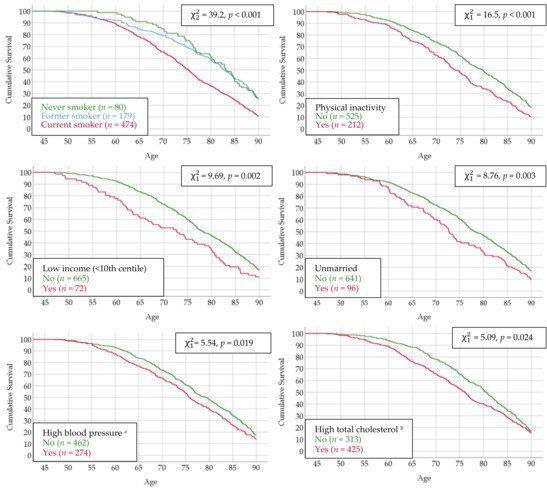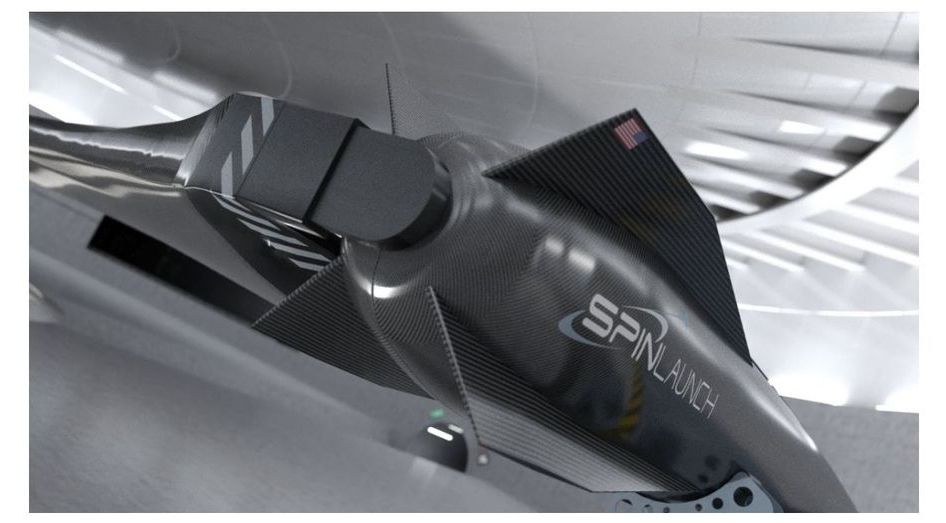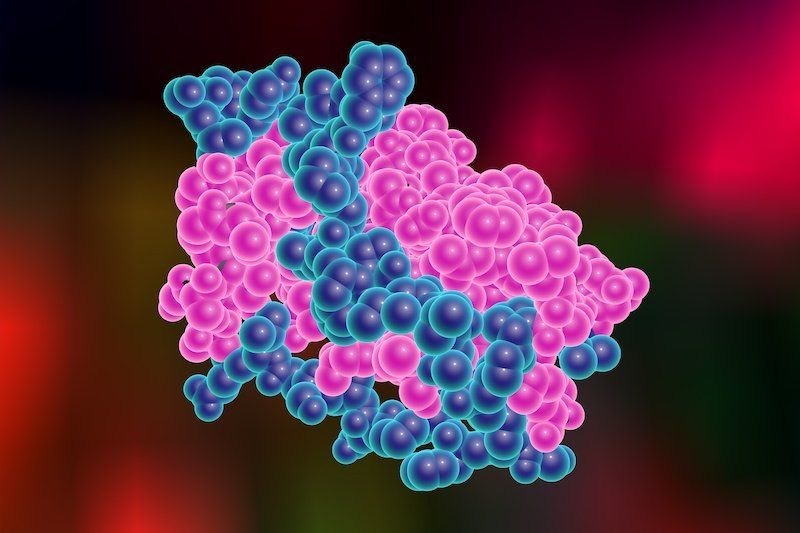
Get the latest international news and world events from around the world.


Cleveland Clinic performs its first in utero surgery on fetus, repairs spina bifida before baby’s birth
CLEVELAND — The Cleveland Clinic has joined other top hospitals in North America and can now offer in utero surgery. The hospital announced Wednesday that after more than a year of preparations they have successfully completed Northern Ohio’s first ever surgery on a fetus inside the uterus to repair spina bifida.
“The operation on the fetus in the uterus, I’m directing and in charge of, and the guidance of where we should open the uterus, the exposure of the baby,” said Dr. Darrell Cass, Director of Fetal Surgery in the Cleveland Clinic’s Fetal Center.
Cass and a team of more than a dozen other specialists including pediatric neurosurgeons, a fetal cardiologist and pediatric anesthesiologists performed the surgery on a nearly 23-week fetus with the birth defect spina bifida in February.

Mind Over Matter: Cognitive Neuroengineering
I had a little more invested in BCI.
Brain-machine interface—once the stuff of science fiction novels—is coming to a computer near you. The only question is: How soon? While the technology is in its infancy, it is already helping people with spinal cord injuries. Our authors examine its potential to be the ultimate game changer for any number of neurodegenerative diseases, as well as behavior, learning, and memory.

Survival to Age 90 in Men: The Tromsø Study 1974–2018
https://doi.org/10.3390/ijerph16112028 The aim of this study was to identify risk factors, individually and in combination, and their impact on reaching up to 90 years of age. The 738 oldest men who participated in the first survey of the population-based Tromsø Study (Tromsø 1) in Norway in 1974 have now had the chance to reach the age of 90 years. The men were also invited to subsequent surveys (Tromsø 2–7, 1979–2016) and have been followed up for all-cause deaths. This study sought to investigate what could be learned from how these men have fared. The men were born in 1925–1928 and similar health-related data from questionnaires, physical examination, and blood samples are available for all surveys. Survival curves over various variable strata were applied to evaluate the impact of individual risk factors and combinations of risk factors on all-cause deaths. At the end of 2018, 118 (16.0%) of the men had reached 90 years of age. Smoking in 1974 was the strongest single risk factor associated with survival, with observed percentages of men reaching 90 years being 26.3, 25.7, and 10.8 for never, former, and current smokers, respectively. Significant effects on survival were also found for physical inactivity, low income, being unmarried, high blood pressure, and high cholesterol. For men with 0–4 of these risk factors, the percentages reaching 90 years were 33.3, 24.9, 12.4, 14.4, and 1.5, respectively. Quitting smoking and increasing physical activity before 55 years of age improved survival significantly. Men should refrain from smoking and increase their physical activity, especially those with low income, those who are unmarried, and those with high blood pressure and high cholesterol. A limitation is that data on women not were collected; Quitting smoking and increasing physical activity before 55 years of age improved survival significantly.

SpinLaunch Secures First Contract for Revolutionary New Space Launch Services
SpinLaunch has been awarded a responsive launch prototype contract from the DoD, facilitated by DIU for kinetic energy-based launch services.
Media Contact: Diane Murphy ([email protected]) Tel: 310.658.
Submission to the Immortality Project conducted by University of California, Riverside – Dr Janni Lloyd
I’m Dr Janni Lloyd. My interest in health formally began in 1973 when I commenced my medical degree at the University of Western Australia. I spent many years in General Practice with a special interest in the psychological and emotional aspects of health maintenance and disease creation. In 1994 I moved into Holistic / Alternative / Complementary health. In 1992 I began studying Healthy Longevity / Indefinite Life Extension and the philosophy of Physical Immortality from many different perspectives – spirituality/theology, holistic health, psychology, medical science and quantum physics.
The following essay/article combines many of these different viewpoints.
HEALTHY LIFE EXTENSION / PHYSICAL IMMORTALITY – THE MASS POSSIBILITY

Biology of leptin, the hunger hormone, revealed
In a new study, Yale researchers offer insight into leptin, a hormone that plays a key role in appetite, overeating, and obesity. Their findings advance knowledge about leptin and weight gain, and also suggest a potential strategy for developing future weight-loss treatments, they said.
The study, led by investigators at Yale and Harvard, was published the week of June 17, 2019, in the Proceedings of the National Academy of Sciences.
Leptin, which is secreted by fat cells, informs the brain when fuel stored in body fat and in the liver is becoming depleted. It has not been well understood how low leptin concentrations in plasma — the largest component of blood — increase appetite. The researchers studied the biology of leptin in rodents. They also investigated the influence of nerve cells in the brain known as AgRP neurons, which regulate eating behavior.

Bezos says Blue Origin will one day refuel its lunar lander with ice from the moon
Amazon and Blue Origin founder Jeff Bezos gave more insight into his space company’s lunar plans on Wednesday, explaining how its spacecraft will eventually be powered with fuel harvested from the moon.
“We know things about the moon now we didn’t know about during the Apollo days,” Bezos said, speaking at the JFK Space Summit in Boston, Massachusetts.
One of the things learned since Apollo that Bezos highlighted is that there are deposits of water ice at the bottom of craters on the moon.
California police put Robocop on patrol in park
A Southern California police force is welcoming a robot to the department. Huntington Park police say “HP RoboCop” will provide 360-degree high-definition video footage. (June 18)
Subscribe for more Breaking News: http://smarturl.it/AssociatedPress
Website: https://apnews.com
Twitter: https://twitter.com/AP
Facebook: https://facebook.com/APNews
Google+: https://plus.google.com/115892241801867723374
Instagram: https://www.instagram.com/APNews/
You can license this story through AP Archive: http://www.aparchive.com/metadata/youtube/a1e7febf5c776eb70daeed9dfe7bea48
